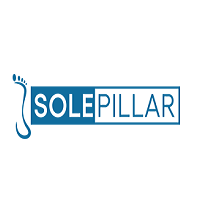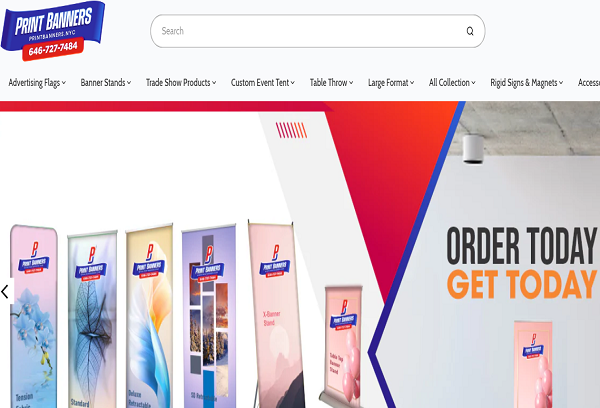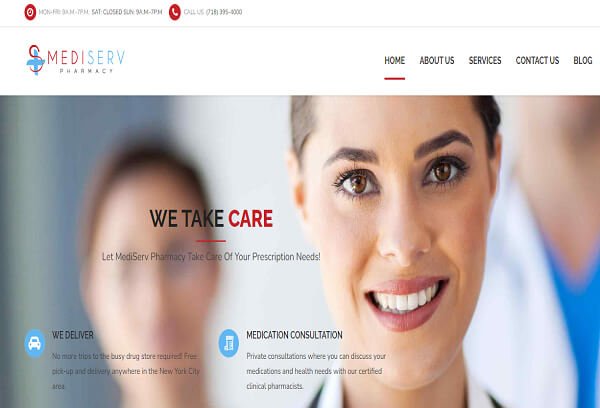How to Do Off-Page SEO the Right Way
- February 18, 2025
- SEO
What Is Off-Page SEO?
Off-page SEO, also known as off-site SEO, includes all the actions taken outside of your website to improve its search engine rankings. While backlinks are a crucial component, off-page SEO also involves building brand credibility, social signals, and overall domain authority. Some key elements of off-page SEO include:
- Social media marketing
- Content marketing and guest blogging
- Brand mentions and online reputation management
- Influencer marketing and collaborations
By implementing effective off-page SEO techniques, search engines will see your site as more trustworthy, increasing its visibility in search results.
How Is Off-Page SEO Different from On-Page SEO?
While on-page SEO involves optimizing elements on your website—such as keywords, internal linking, and metadata—off-page SEO focuses on external factors that influence rankings. Unlike on-page SEO, which is fully within your control, off-page SEO requires interactions with other platforms, businesses, and influencers to strengthen your website’s authority.
Why Is Off-Page SEO Important?
Search engines like Google assess off-site signals to determine the trustworthiness and popularity of a website. Some key ranking factors related to off-page SEO include:
- Backlink quality and quantity
- Social signals (shares, engagement, brand mentions)
- Domain authority of referring websites
- Online customer reviews
A strong off-page SEO strategy can enhance brand recognition, attract high-quality traffic, and improve conversion rates.
How to Do Off-Page SEO: 7 Best Practices
1. Earn Quality Backlinks from High-Authority Sites
Backlinks remain one of the strongest ranking factors for SEO. When authoritative websites link to your content, it signals to search engines that your site is valuable and trustworthy.
How to get high-quality backlinks:
- Create original, data-driven content that others want to cite.
- Publish guest posts on reputable industry blogs.
- Reach out to relevant websites for link-building collaborations.
- Utilize HARO (Help a Reporter Out) to provide expert insights and earn media links.
2. Create and Share Unique, Engaging Content
High-quality content naturally attracts backlinks and shares, improving your off-page SEO. To maximize your content’s reach:
- Develop long-form blog posts, infographics, and case studies.
- Incorporate statistics and original research for credibility.
- Repurpose blog content into videos, social media posts, and podcasts.
- Engage in content syndication by publishing excerpts on platforms like Medium or LinkedIn.
3. Optimize Your Google My Business Profile
A well-optimized Google My Business (GMB) profile helps boost local SEO and enhances online visibility. Ensure your profile is complete with:
- A compelling business description with relevant keywords.
- High-quality photos and videos showcasing your business.
- Accurate contact details, business hours, and website link.
4. Encourage Customer Reviews
Customer reviews build trust and influence search rankings. Google considers online reviews as a key ranking factor, especially for local businesses.
How to generate more reviews:
- Encourage satisfied customers to leave reviews on Google, Yelp, and Trustpilot.
- Offer incentives (discounts, giveaways) for leaving genuine feedback.
- Respond promptly to both positive and negative reviews to show engagement.
5. Build a Strong Social Media Presence
Social media platforms don’t directly impact SEO rankings, but they influence brand awareness, engagement, and link-building opportunities.
Social media strategies for SEO:
- Share blog posts, videos, and infographics to increase visibility.
- Engage with industry leaders and influencers to expand reach.
- Encourage user-generated content (UGC) to build brand credibility.
- Leverage hashtags and trending topics to boost discoverability.
6. Leverage Influencer Marketing
Partnering with influencers can help you gain high-quality backlinks and brand exposure.
How to collaborate with influencers:
- Identify niche influencers with engaged audiences.
- Offer value by providing exclusive content or co-branded promotions.
- Encourage influencers to mention your brand on their blogs, videos, or podcasts.
- Use tools like BuzzSumo to find influencers in your industry.
7. Monitor Brand Mentions and Online Reputation
Google values brand signals, including linked and unlinked brand mentions. Tracking these mentions helps you understand public perception and identify potential backlink opportunities.
How to monitor brand mentions:
- Use Google Alerts to track brand mentions.
- Analyze backlinks using tools like Ahrefs, Moz, or SEMrush.
- Engage with users discussing your brand on forums and social media.
Off-page SEO is essential for building domain authority, increasing brand awareness, and improving search engine rankings. By focusing on high-quality backlinks, social media engagement, and brand reputation, you can create a well-rounded SEO strategy that drives long-term success.
Looking to strengthen your website’s authority and boost rankings with off-page SEO? At Earn SEO, we specialize in strategic SEO services in New York, including high-quality link building, content marketing, and reputation management. Our tailored approach helps businesses enhance their online presence and attract more organic traffic. Want to improve your online visibility? Let us help you build strong backlinks and drive more organic traffic. Get in touch now!
Earn SEO was established in 2011 by Devendra Mishra, a highly educated professional with varied training and experience. Mr. Mishra is responsible for business development, attracting new Earn SEO partners, and interacting with clients, the media and press, and acting as Brand Ambassador.

Devendra Mishra
Founder





































